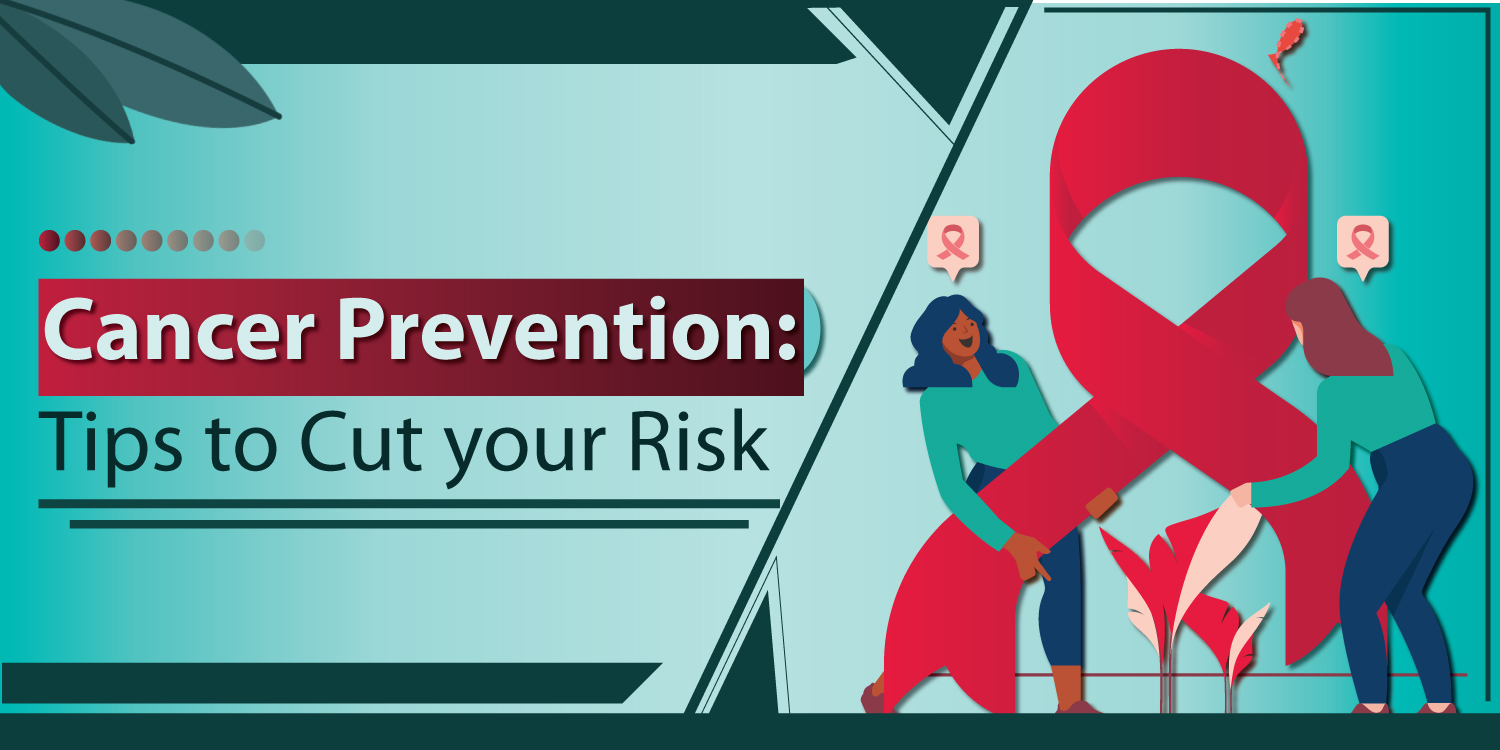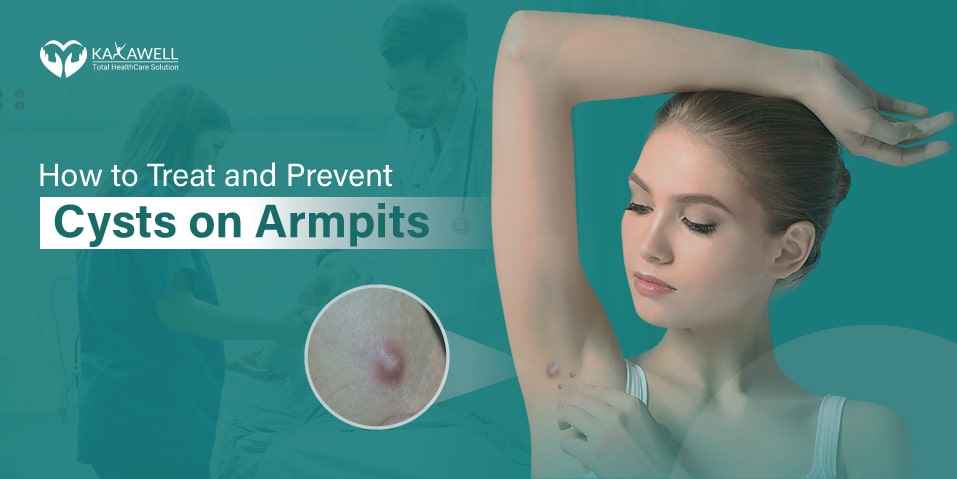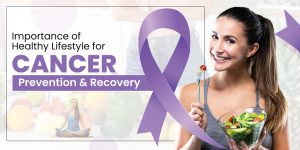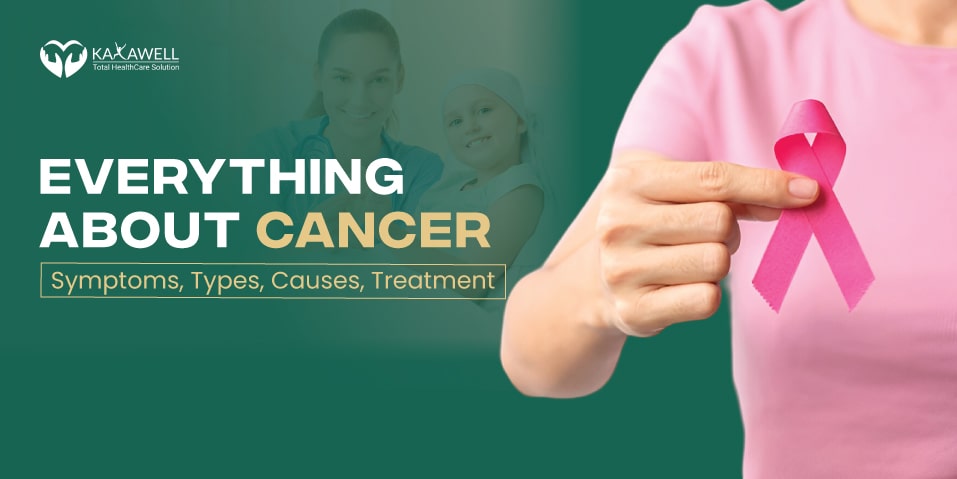Cancer Prevention: Tips to Cut your Risk
There’s a strong possibility you’ve come across conflicting cancer prevention recommendations. A cancer-prevention tip indicated in one study could not be recommended in another.
The state of cancer prevention knowledge is always evolving. However, it is well understood that your lifestyle choices have an impact on your cancer risk.No one is denying you access to “therapy” in the form of preventive and/or risk reduction. Cancer researchers have been shouting it from the rooftops for years, but most people have disregarded it because it consists primarily of vegetables and exercise rather than a revolutionary treatment.
If you’re concerned about cancer prevention, keep in mind that small adjustments in your lifestyle can have a significant impact.
Type of Cancer
Cancer is a phrase that refers to a group of diseases that cause the body’s cells to change and grow out of control. Cancers are grouped according to the type of fluid or tissue that they originate from, as well as the location in the body where they first formed. In addition, some cancers are a mixture of different types.
The tissue and blood classifications of cancer are divided into the following five major categories:
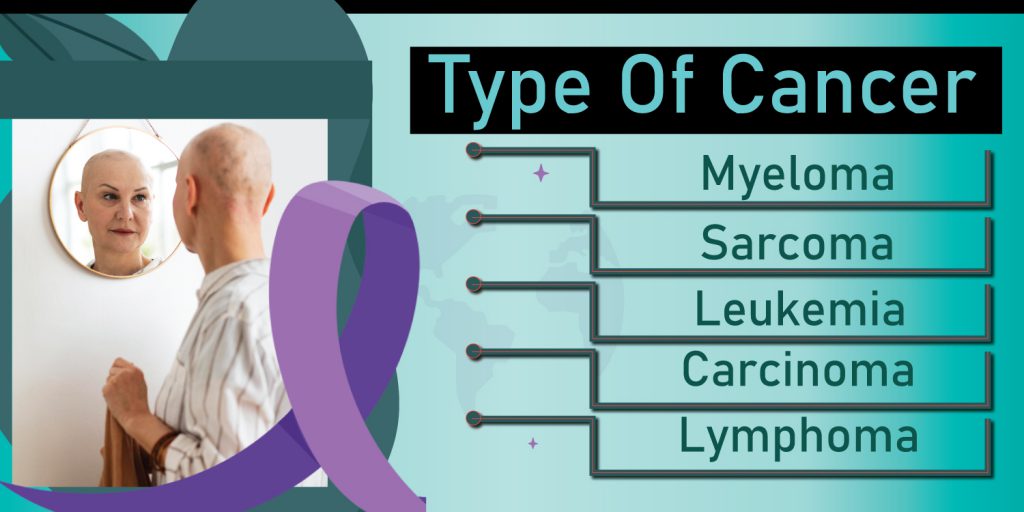
Carcinoma
A carcinoma is a type of cancer that starts in the epithelial tissue that lines or covers the surfaces of organs, glands, and other body structures. A carcinoma, for instance, is a cancer of the stomach lining. Many carcinomas attack organs or glands involved in secretion, such as the milk-producing breasts. 80-90 percent of cancer cases are caused by carcinomas.
Sarcoma
Sarcoma is a malignant tumor that originates in connective tissues such as cartilage, fat, muscle, tendons, and bones. The most prevalent type of sarcoma is a bone tumor that primarily affects young adults. Osteosarcoma (bone cancer) and chondrosarcoma (muscle cancer) are two types of sarcomas (cartilage).
Lymphoma
Lymphoma is a cancer that starts in the lymphatic system’s nodes or glands, which are responsible for producing white blood cells and cleaning body fluids, or in organs like the brain and breast. There are two types of lymphomas: Hodgkin’s lymphoma and non-Hodgkin’s lymphoma.
Leukemia
Leukemia, often known as blood cancer, is a bone marrow malignancy that prevents the marrow from creating normal red, white, and platelet blood cells. In order to fight infection, white blood cells are required. To avoid anemia, red blood cells are required. Platelets prevent the body from bruising and bleeding easily, and that may contribute to the answers of the question: can cancer be prevented?
Myeloma
Myeloma is a cancer that develops in the plasma cells of the bone marrow. Myeloma cells can sometimes congregate in one bone and form a single tumor known as a plasmacytoma. In other cases, however, myeloma cells aggregate in multiple bones, resulting in multiple bone tumors. Multiple myeloma is the medical term for this condition.
Eat a Healthy Diet for Cancer Prevention
Making sensible selections in the grocery stores and meals won’t guarantee cancer prevention but it is one of the great ways to prevent cancer, but it will reduce your risk. Take into account the following ideas:
- Eat a wide range of fruits and vegetables. The core of your diet should be fruits, vegetables, and other plant-based foods like whole grains and beans.
- Keep a healthy BMI (body mass index). To reduce weight and get leaner, eat less high-calorie foods like refined carbohydrates and animal fat.Â
- The amount of alcohol you drink and the length of time you’ve been drinking consistently increases your risk of malignancies of the breast, colon, lung, kidney, and liver, among others.
- A Mediterranean diet that includes extra-virgin olive oil and mixed nuts may also reduce the risk of breast cancer in women. The Mediterranean diet includes plant-based foods such as fruits and vegetables, whole grains, legumes, and nuts. Mediterranean dieters prefer healthy fats like olive oil over butter, and fish to red meat.
- Limit your intake of energy-dense foods and avoid sugary drinks. If you eat these foods frequently, they may not directly cause cancer, but they can blow your calorie budget.
Supplements that increase your micronutrient intake are not advised for cancer prevention. You should be able to receive appropriate nutrition from your meals if you are otherwise healthy and have access to a regular supply of a variety of foods and beverages. You should be asking a question every time: how to prevent cancer? Well, read ahead to get the answers.
Be Physically Active Every Day
The answer to the most haunting question: how to reduce risk of cancer is very simple. Sedentary lifestyles have become more widespread in high-income countries, and it isn’t helping anyone. Our bodies are designed to move about. Experts recommend that the greater the amount of physical exercise, the better the advantage in terms of cancer prevention.
The maintenance of a healthy weight may reduce the risk of cancers of the breast, prostate, lungs, colon, and kidney. Adults who participate in some form of physical activity improve their health. Aim for at least 150 minutes of moderate aerobic activity or 75 minutes of vigorous aerobic activity per week for considerable health benefits. A mixture of moderate and vigorous activity is also an option. As a general goal, include at least 30 minutes of physical activity in your daily routine — and if you can do more, all the better.
Limit Alcohol Consumption and Smoking for Cancer Prevention
According to some research, even small amounts of alcohol – be it beer, wine or hard liquor – can increase your risk of some cancers. Don’t drink at all if you actually want to be safe. You’ll reduce your risk of cancer as well as cardiovascular disease and fatty liver disease.
Tobacco usage sets you on a collision course with cancer in any form.
Smoking has been linked to a variety of cancers, including lung, mouth, throat, larynx, pancreatic, bladder, cervix, and kidney cancer. Tobacco chewing has been connected to mouth and pancreas cancers. Even if you don’t use tobacco, secondhand smoke can increase your risk of lung cancer.
Tobacco avoidance, or the decision to quit smoking, is an important part of cancer prevention. Talk to your doctor about stop-smoking drugs and other techniques if you need help stopping cigarettes. We hope that gave you some answers to the question: how to prevent cancer naturally?
You Should Get Vaccinated
The most common method of prevention of cancer involves protection against some of the most common viral infections. Consult your doctor about getting vaccinated against the following diseases:
Hepatitis B for Cancer Prevention
Hepatitis B can increase the risk of liver cancer. Adults who are sexually active but are not in a mutually monogamous relationship, people with sexually transmitted infections, intravenous drug users, male who have sex with males, and getting in contact with infected blood or body fluids should definitely get the hepatitis B vaccine.
Human Papillomavirus (HPV) for Cancer Prevention
Human papillomavirus (HPV) is a cancer-causing virus (HPV). HPV is a sexually transmitted virus that can lead to head and neck cancers, as well as cervical and other genital cancers.
Treatment vaccines or therapeutic vaccines are vaccines that are used to treat cancer that has already developed. Immunotherapy is a method of cancer treatment that includes vaccinations. They operate to strengthen the body’s immune system in order to combat cancer. Doctors administer treatment vaccinations to persons who have previously been diagnosed with cancer. Treatment vaccines work in a number of ways to stop tumor growth. They are able to:
- Avoid recurrence of cancer
- After treatment, destroy any cancer cells that remain in the body.
- Reduce a tumor’s growth.
Antigens are chemicals that the body perceives as hazardous and are located on the surface of cells. Antigens are attacked by the immune system, which in most cases eliminates them. This leaves the immune system with a “remember” of certain antigens, allowing it to combat them more effectively in the future.
Cancer vaccines help the immune system detect and destroy antigens. Cancer cells are known to have chemicals termed cancer-specific antigens that are missing in the healthy cells. A vaccine containing these molecules instructs the immune system to search for and eliminate cancer cells with these chemicals on their surfaces.
Why Making Effective Therapeutic Vaccines is Difficult-in Cancer Prevention?
The immune system is suppressed by cancer cells. This is how cancer gets started and spreads in the first place. To address this issue, researchers are including adjuvants into vaccines. An adjuvant is a chemical that is added to a vaccine to boost the immunological response of the body.
A person’s body contains both healthy and cancerous cells. As a result, the cancer cells may not appear to the immune system to be hazardous. Instead of locating and combating the cells, the immune system may choose to ignore them.
Immune systems can be compromised in ill or elderly people. After receiving a vaccine, their bodies may not be able to create a strong immune response. This reduces the effectiveness of a vaccine. Additionally, some cancer therapies might cause a person’s immune system to deteriorate. This reduces the body’s ability to respond to a vaccine.
As a result, some researchers believe that cancer treatment vaccines may be more effective for smaller tumors or cancer in its early stages.
Get Regular Medical Care for Cancer Prevention
By performing regular self-examinations and screenings for malignancies of the skin, colon, cervix, and breast early on, you can greatly improve your chances of surviving cancer. To determine the most appropriate cancer screening regimen for you, consult your doctor.
One of the best ways to prevent cancer is to stay away from dangerous behaviors that can lead you to numerous infections, which can then contribute to an increase in cancer risk. You can simply consider the following scenarios to know better:
Always practice safe sex, limit the number of sexual partners and it is always a better idea to use a condom. In your lifetime, the more sexual partners you have, the more you invite the chances of having a sexually transmitted infection like HIV or HPV. People with HIV or AIDS have more risk to develop cancers of the anus, liver, and lungs. HPV can be considered as the most commonly linked to cervical cancer, but it may also increase the risk of anus, penis cancers, and more.
One of the most preventive measures is to never share a needle. Sharing needles with intravenous drug users can spread HIV, hepatitis B, and hepatitis C, all of which raise the risk of liver cancer. Immediately seek expert help in case you’re worried about drug abuse or addiction.
Conclusion
For cancer survivors, diet, physical exercise, and body fatness are significantly more crucial. If breast cancer survivors are physically active, they have a better chance of survival and a higher quality of life. Consult your physician to determine what is best for you to reduce risk of cancer. There are many factors that contribute to cancer, including genes and the environment; but you are in control of how you eat and exercise.

